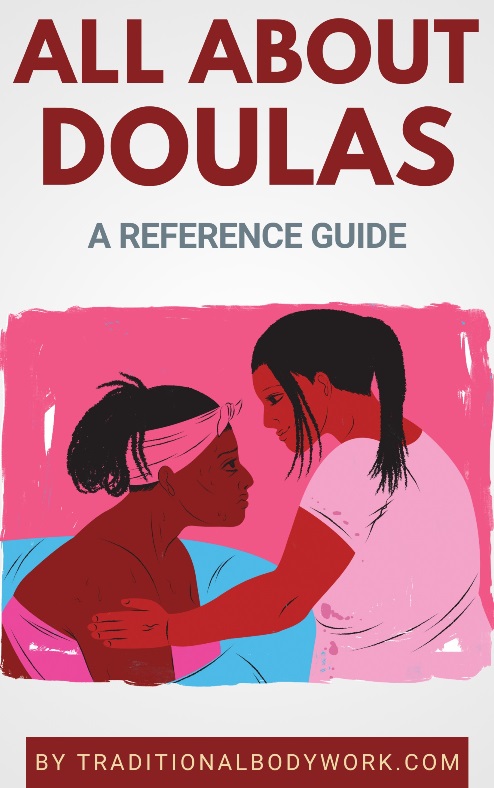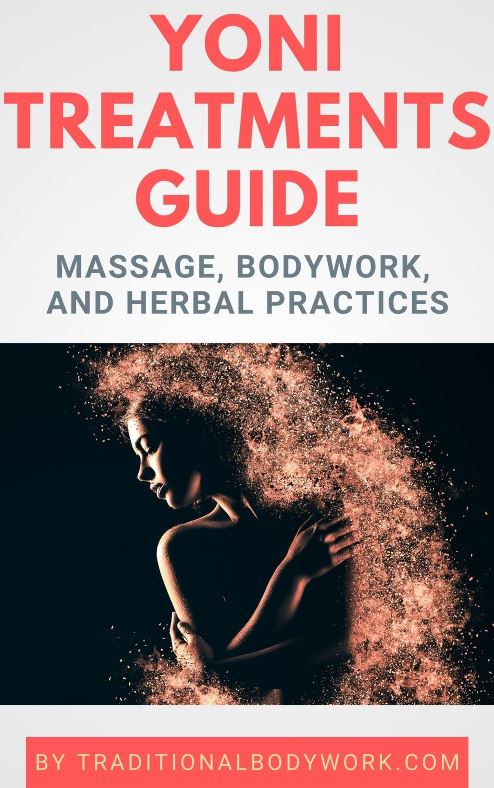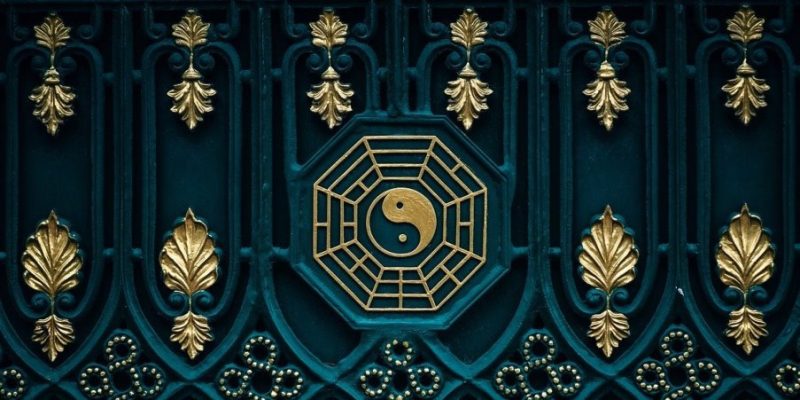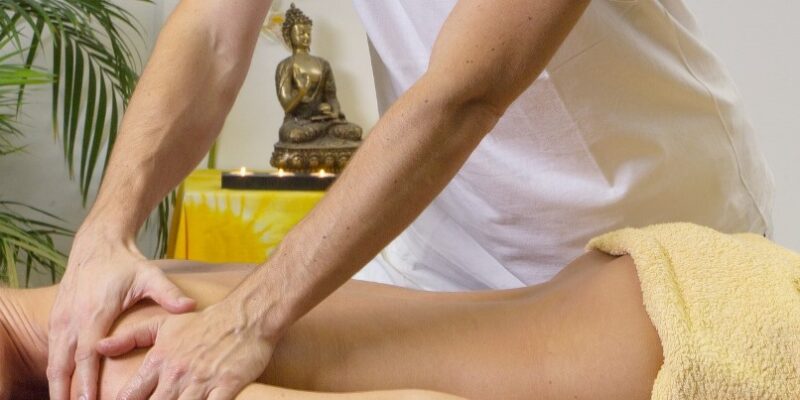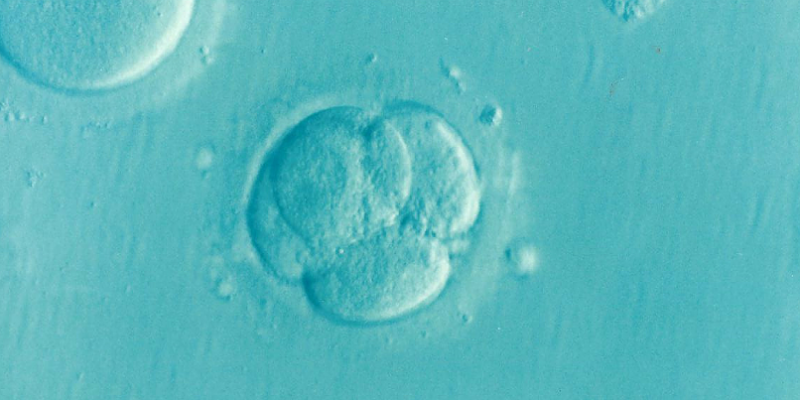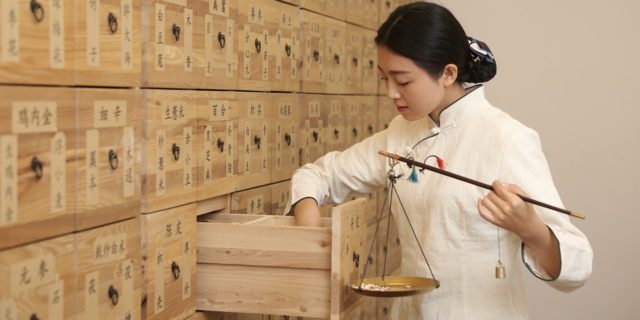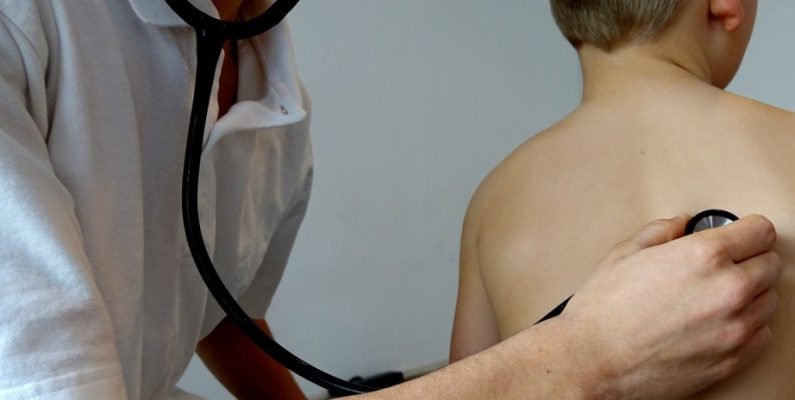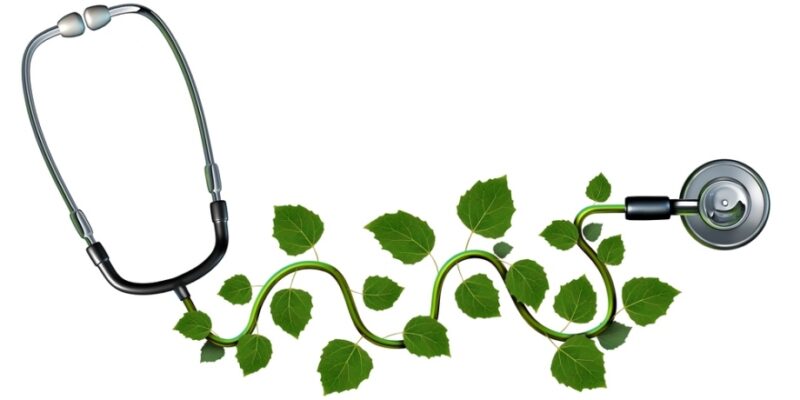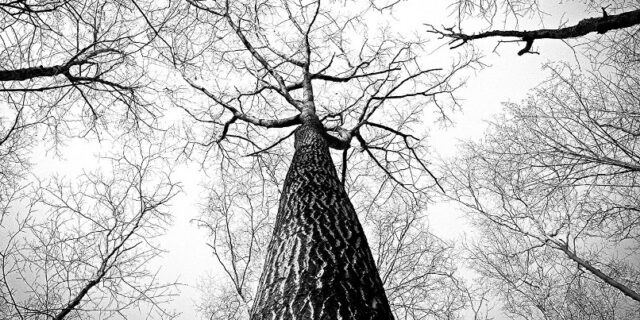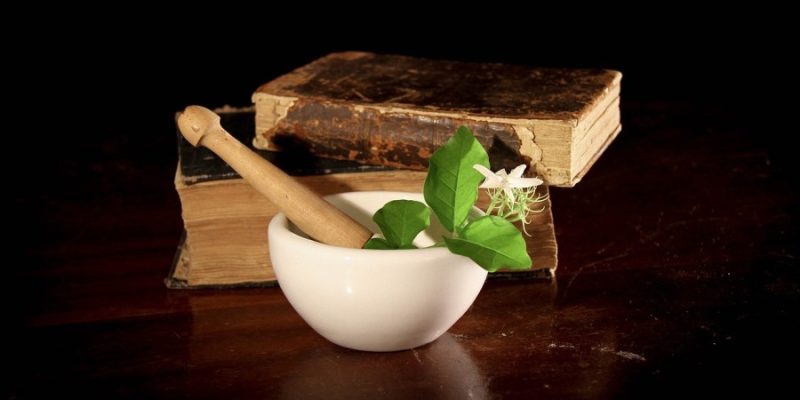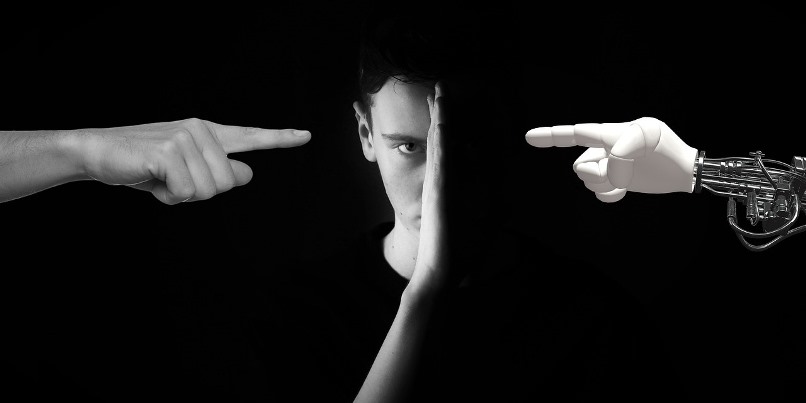
In this post, we take a look at the perceived differences between mainstream Modern Medicine and Traditional Medicine systems. Based on different philosophies there has been and still is quite some tension between these two different approaches to illness and health.
Nevertheless, we can see that in recent years there has been a tendency to increasingly work together, that is, to integrate both methods in the primary healthcare systems of a growing number of countries.
Modern Medicine
Modern Medicine, also called Conventional Medicine or Allopathic Medicine, is a term that refers to modern science-based medicine. Other synonymous labels are Biomedicine, Mainstream Medicine, Orthodox Medicine, Classical Medicine, or Western Medicine.
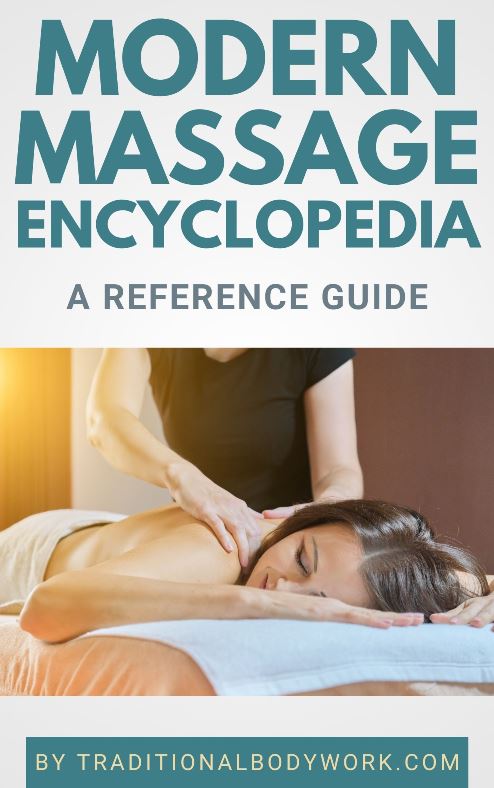
It’s a system of healthcare that treat symptoms and diseases by use of drugs (medicines), radiation, psychotherapy, medical devices, or surgery, amongst others. Modern Medicine uses a variety of modern knowledge and applications mainly derived from biomedical sciences, biomedical research, genetics, information technology, and medical technology to diagnose, treat, and prevent injury and illnesses.
One of the key characteristics of Modern Medicine is that its application relies on (experimental and repeatable clinical) modern scientific evidence of effectiveness.
Another very specific point with Modern Medicine is that it’s surrounded by strict regulations and intellectual property laws and patenting systems, used to protect the application and knowledge with regard to drugs or medical techniques. It sometimes makes implementation of and access to modern medicines and its applications restricted or difficult, in contrast to Traditional Medicine where knowledge, methods, and techniques tend to be more freely shared.
Traditional Medicine
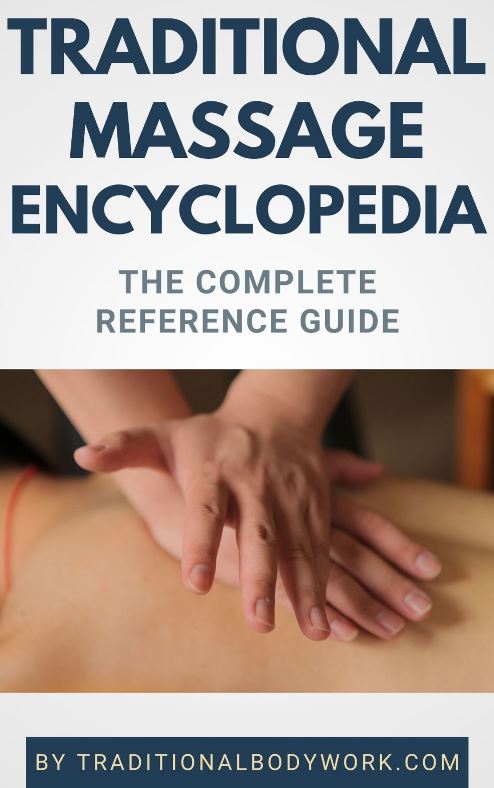
According to the World Health Organization (WHO) traditional medicine is the “the sum total of the knowledge, skills, and practices based on the theories, beliefs, and experiences indigenous to different cultures, whether explicable or not, used in the maintenance of health as well as in the prevention, diagnosis, improvement or treatment of physical and mental illness.”
Some examples of well-known Traditional Medicine systems are Indian Ayurveda, Unani Medicine, Ancient Iranian Medicine, Islamic medicine, Traditional Chinese Medicine, Traditional Korean Medicine, Thai Traditional Medicine, and Traditional African Medicine, amongst others.
Other terms used for Traditional Medicine are Alternative Medicine, Complementary Medicine, Natural Medicine, Integrated Medicine, or Holistic Medicine. Usually, Traditional Medicine is considered the opposite of Modern Medicine, that is, it’s contrasted to medicine that relies on modern science-based evidence of (repeatable) effectiveness.
Depending on the practices, methods or techniques used by a specific Traditional Medicine system, its effectiveness may be based on experience, habit, belief, and/or unknowable, inexplicable, supernatural or superstitious causes. One of the arguments against Traditional Medicine is that both its methods and results are ambiguous and often not sufficiently scientifically repeatable.
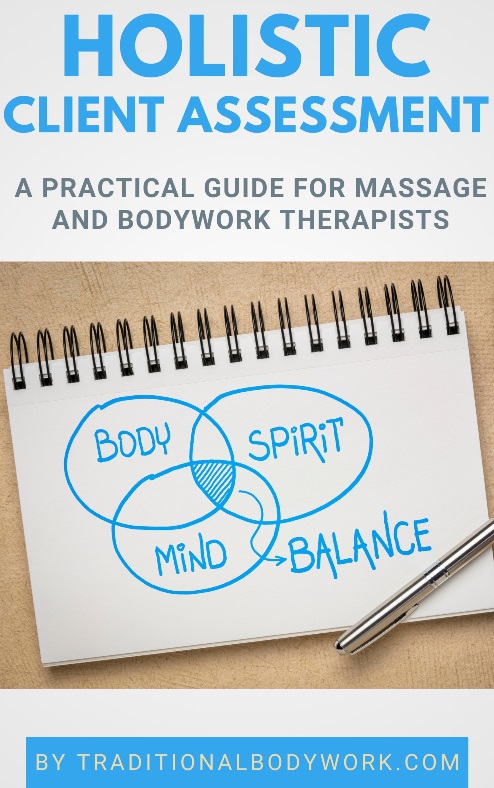
Traditional Medicine practitioners tend to counteract the former argument by claiming that “different diseases may have the same treatment, and the same disease may have different treatments,” all depending on a holistic view of a person and their illness, that is, taking into account the whole person (body, mind, spirit, environment, lifestyle, and emotions).
Whatever the objections against Traditional Medicine, it’s still widely used and in some countries (notably in some countries in Asia and Africa) the majority of the population relies mainly on Traditional Medicine systems. In the West, one sees an increasing tendency to use traditional therapies when Modern Medicine has failed or to use Traditional Medicine in conjunction (combination) with Modern Medicine.
The most common practices applied in Traditional Medicine are herbal medicines, non-touch energy work, acupuncture, incantations, acupressure, massage, meditation, visualizations, exercise, and dietary regimes and therapy.



